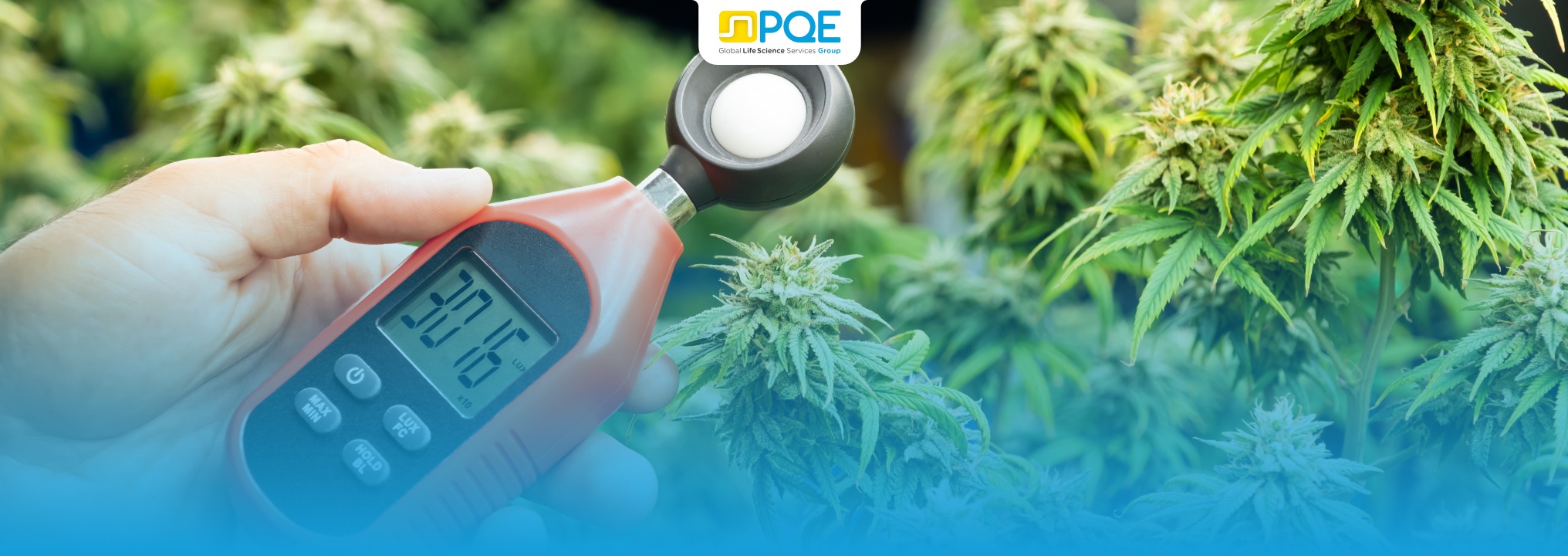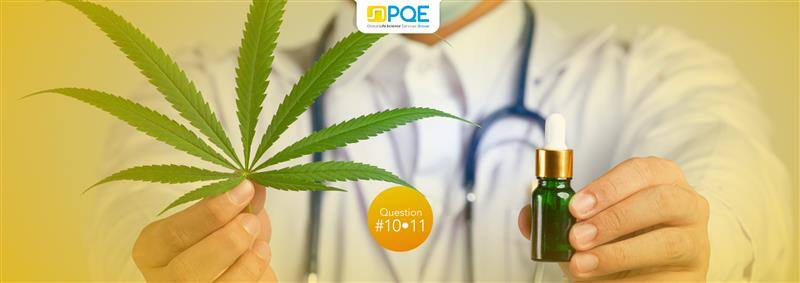Canada Leads the Way in Regulating Medical Cannabis Industry
Last year, the Cannabis global market has shown a rapid expansion. Canada was the first country to regulate its Medical Cannabis industry and market – meaning the production and commercialization of the plant and its derivatives – and now Europe is following Canada’s steps.
This trend became evident in 2018, with significant sales of Medical Cannabis derivative drugs have been registered in Germany, Italy and the Netherlands, while many other countries like Denmark, Greece, Malta, Macedonia, Spain and Portugal are proposing rules allowing the production and prescription of Cannabis derivatives on a national level.
Europe Following Suit with Significant Sales in Germany, Italy and the Netherlands
A 7,5 billion euros trade is predicted in 2028 for medical-use-Cannabis, adding to the 24,7 billion euros expected for the industrial Cannabis business. Considering also the recreative market, the Cannabis business is estimated to be worth 40 billion euros, which is almost 70% of the Italian agriculture overall turnover.
Currently, the permitted use of Cannabis and its derivatives is limited to medical and industrial purposes: while domestic use and cultivation of Cannabis plants are still forbidden all across European countries, international law does not forbid the use of Cannabis and its derivative products for the manufacturing of therapeutic and medicinal drugs (see Art. 28 of 1962 Single Convention on Narcotic Drugs).





